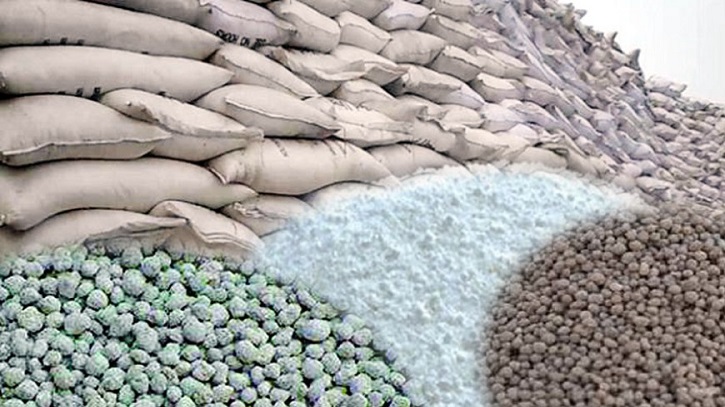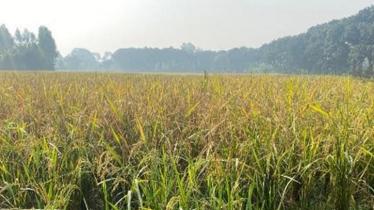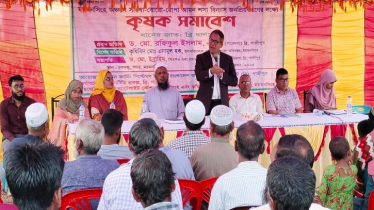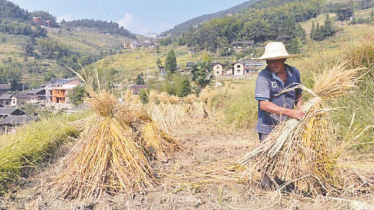
The government has approved the “Integrated Policy for Fertiliser Dealer Appointment and Fertiliser Distribution 2025.” After receiving approval from the National Coordination and Advisory Committee on Agriculture, the implementation order was issued on Thursday. The policy will come into effect on Sunday.
The new policy introduces major reforms, including transparent tendering, digital monitoring, revised eligibility criteria for dealer appointments, a ban on multiple dealerships within the same family and the abolition of the sub-dealer system.
According to the Ministry of Agriculture, the main objective of the policy is to dismantle monopolistic control and syndicate-based dominance in fertiliser distribution. For years, an influential group of transport contractors and dealers had reportedly created artificial shortages by stockpiling fertiliser, forcing farmers to buy at inflated prices.
The updated policy merges the longstanding dual dealership structure of BADC and BCIC into a single unified framework. Regardless of whether fertiliser originates from public, semi-public or private sources, it will now be distributed under one policy. The previous distinction of “BCIC dealer” and “BADC dealer” will no longer exist, and both urea and non-urea fertilisers will be allocated under a unified management system. The ministry noted that this move effectively breaks the long-standing monopoly syndicate.
The policy specifies the number of dealer units for unions, municipalities and city corporations. Each dealer will operate three sales centres where information on government subsidies and sale prices must be publicly displayed. All sales, withdrawals and accounting records must be maintained digitally. Dealers will not be allowed to sell or transfer fertiliser outside their designated area. Government employees, elected representatives, individuals convicted in criminal cases and multiple members of the same family are barred from becoming dealers. The dealership security deposit has been increased from Tk 200,000 to Tk 400,000, and the renewal fee has been set at Tk 1,000.
The policy further states that dealer activities will be regularly evaluated for renewal or cancellation. The unregulated sub-dealer or retail system has been abolished. In urban areas, the number of dealers will be determined based on land area by the Department of Agricultural Extension. For units without dealers, new appointments will be made based on recommendations from upazila and district fertiliser and seed monitoring committees. Each committee must allocate units within 15 days. Vacant unit lists will be published at the district level along with recruitment notices. All dealers will be registered and listed under the government.
The ministry said existing sub-dealers or retailers will be allowed to operate under the old system until March 31, 2026. After that, the system will be discontinued.
Agriculture Secretary Dr Emdad Ullah Mian said the entire dealer system has been made more farmer-friendly. Farmers will receive fertiliser at government-fixed prices, and dealers will be held accountable. He stated that dealers have no reason to be alarmed but must comply with the policy.
Agricultural economist Dr Jahangir Alam welcomed the policy, noting that an increase in dealer numbers would improve fertiliser accessibility for farmers and enhance transparency under ministry oversight.
Professor AHM Saiful Islam of Bangladesh Agricultural University said that expansion of dealerships would increase competition and reduce monopoly. However, he added that ensuring transparency in the dealer recruitment process will remain the biggest challenge.





